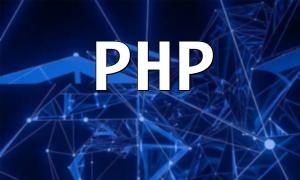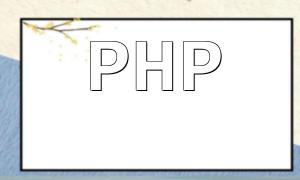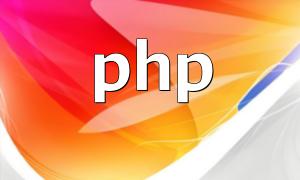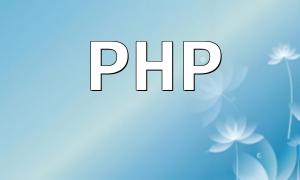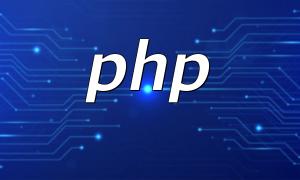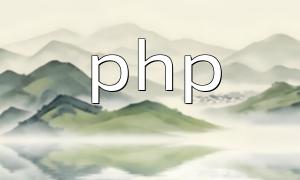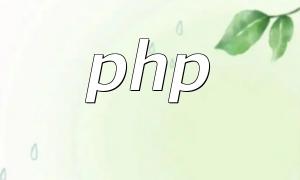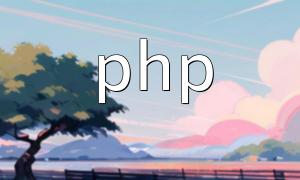In PHP, you can use the built-in function json_decode to convert JSON data into PHP objects. Here's an example:
// Convert JSON data to PHP object
$jsonData = '{"name": "John", "age": 30}';
$phpObject = json_decode($jsonData);
// Access the converted PHP object
echo $phpObject->name; // Output: John
echo $phpObject->age; // Output: 30This example shows how to convert JSON data to a PHP object and access its properties.
After converting to a PHP object, you can iterate through its properties or convert it to an array for further manipulation:
// Iterate through PHP object properties
foreach ($phpObject as $key => $value) {
echo $key . ': ' . $value . PHP_EOL;
}
// Convert PHP object to array
$phpArray = (array) $phpObject;
print_r($phpArray);These methods allow flexible handling of PHP object data.
In real-world applications, JSON data may contain nested object structures. You can use the second parameter of json_decode to control the conversion:
// JSON data with nested objects
$jsonData = '{"name": "John", "age": 30, "address": {"street": "123 Main St", "city": "New York"}}';
$phpObject = json_decode($jsonData, false);
// Access nested object properties
echo $phpObject->name; // Output: John
echo $phpObject->age; // Output: 30
echo $phpObject->address->street; // Output: 123 Main St
echo $phpObject->address->city; // Output: New YorkThis example demonstrates how to handle complex JSON structures and access nested properties using PHP objects.
This article covered methods for converting JSON data into PHP objects, including using the json_decode function, iterating over object properties, converting objects to arrays, and handling nested objects. These techniques help developers efficiently process JSON data and use it effectively in PHP projects.
